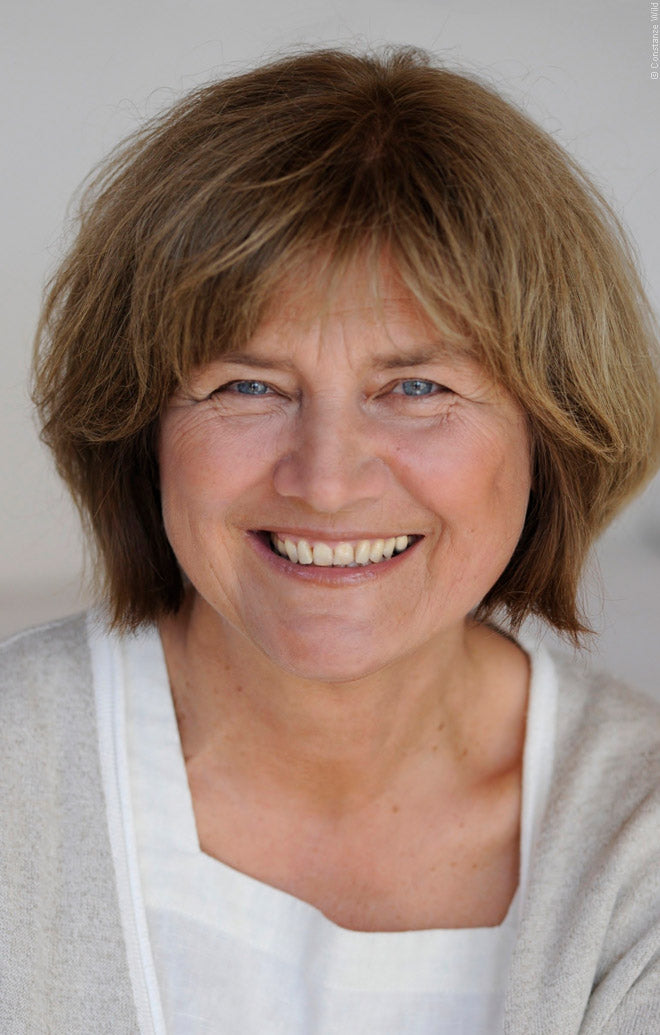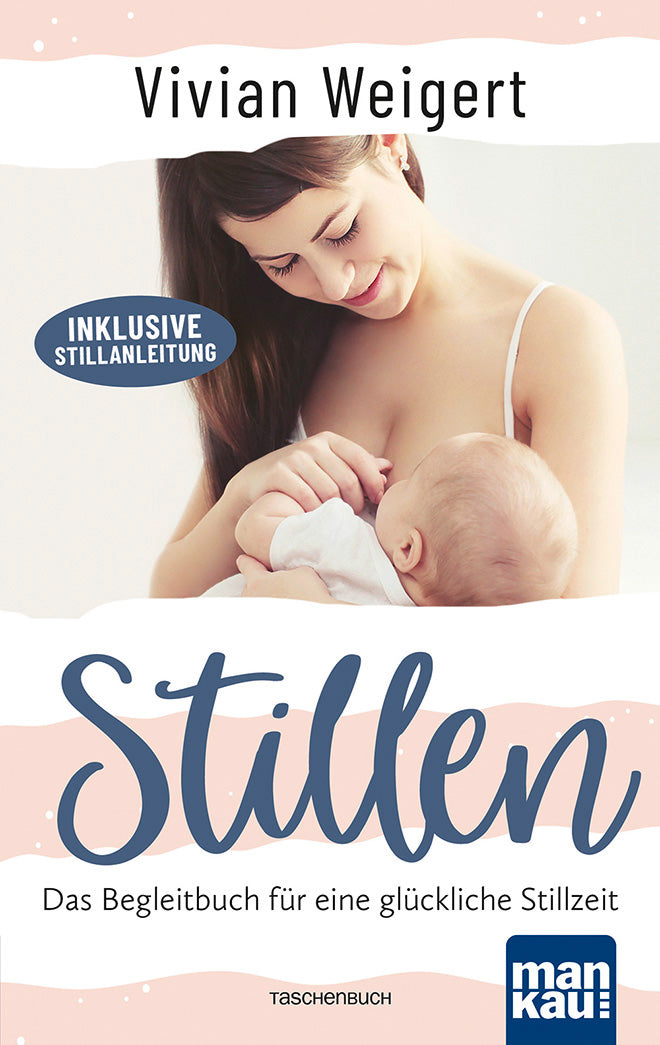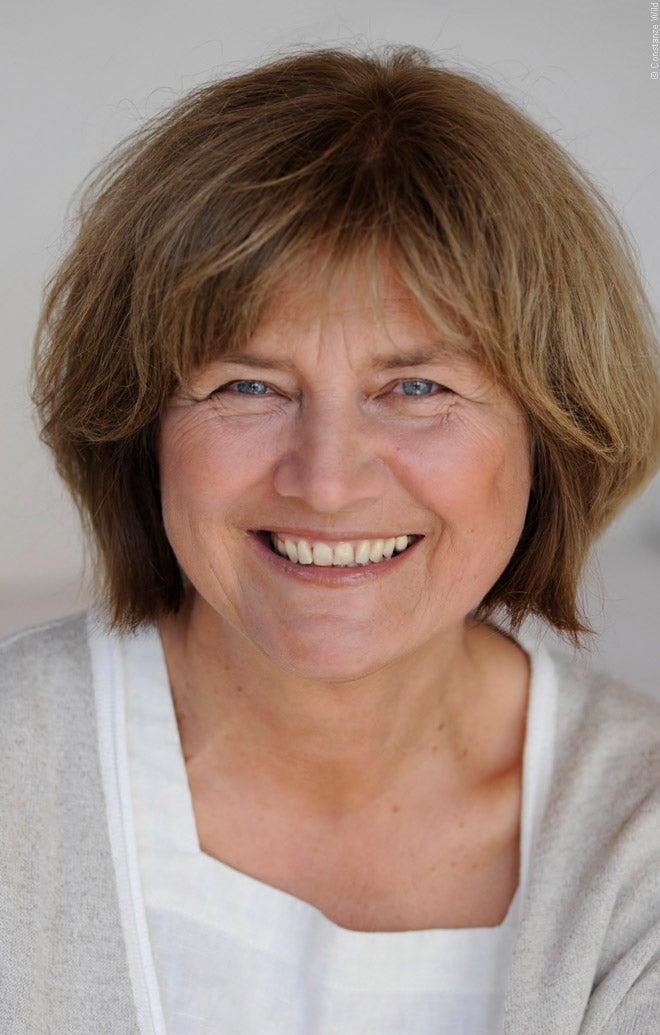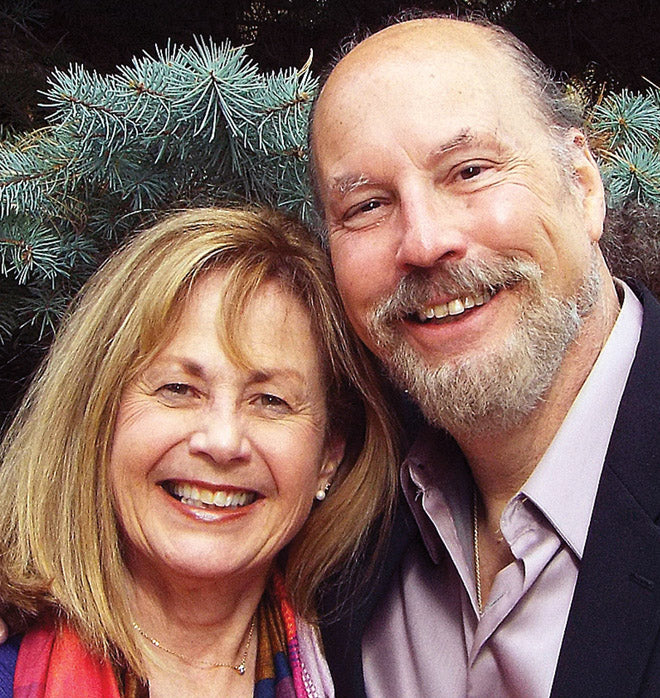
Interview with breastfeeding expert Vivian Weigert: “I want to encourage women: You all have the wonderful gift of being able to feed your baby at the breast!”
Interview with breastfeeding expert Vivian Weigert: “I want to encourage women: You all have the wonderful gift of being able to feed your baby at the breast!”
"While the baby is nursing from its mother's breast, the two are in a unique relationship with each other that is so deeply satisfying emotionally that the baby develops a deep, basic trust." In an interview, the experienced parent and infant advisor, osteopath and homeopath Vivian Weigert talks about the benefits of breastfeeding, but also about dealing with breastfeeding problems. The author of the tried and tested guide "Breastfeeding. The companion book for a happy breastfeeding period" is convinced: "Breastfeeding is easy, and practically every woman can do it - if she gets the right advice and support."
The World Health Organization, UNICEF and the National Breastfeeding Committee in Germany recommend that infants should be fed exclusively with breast milk until they are four to six months old and then continue to be breastfed alongside appropriate, sufficient supplementary food until they are two years old or beyond. What is the optimal duration for breastfeeding?
Weigert: These recommendations make it clear at what age children need to be offered supplementary food in addition to milk and when it is too early for that. Ideally, the mother herself determines the optimal duration for breastfeeding. Only she knows when the right time has come for her and her child to stop breastfeeding. This means that ideally no woman should have to stop breastfeeding before this point due to problems.
My book can be a crucial help here. At the same time, every mother has the freedom not to breastfeed for longer than she feels comfortable with. That is why my advice is based on the motto: "Breastfeeding is always worth it. Whether your child is breastfed for a few weeks or many, many months, it will definitely be a benefit."
What are the benefits of breastfeeding anyway?
Weigert: All parents agree that their baby should get the best that they can offer it. This is why expectant mothers today generally choose to breastfeed. What is most important is the knowledge that their baby will receive individually optimized immune protection from birth through breast milk, which cannot be replaced by anything else. There is no other way to give a newborn this valuable "preventive care package" from nature than by breastfeeding from the very beginning.
Breastfeeding not only satisfies a baby on a physical level, but also protects it immunologically. While the baby is nursing from its mother's breast, the two are in a unique relationship with each other that is so deeply satisfying emotionally that the baby develops a deep, basic trust. Attachment researchers are convinced that this comprehensive feeling of security and safety at the beginning of life is crucial for the development of a healthy sense of self-worth.
In surveys, most pregnant women say they want to breastfeed their baby for the recommended four to six months. But less than half of them manage to do so. Why is that?
Weigert: There is neither a lack of perseverance nor goodwill. If a breastfeeding relationship ends after a few weeks, it is rarely at the mother's request. "Unfortunately, it didn't work out for me," these women tell me sadly. This image is still in people's minds: that breastfeeding is somehow a matter of luck - some can do it, others can't. In reality, however, practically every woman can do it - if she gets the right advice and support.
The reason for breastfeeding problems does not lie in the nature of breastfeeding itself, but in inadequate breastfeeding practice, which has been proven to arise from a lack of information, inadequate care and incorrect instructions, often during the postpartum and postnatal phases. All of these factors - and that is the good news - can be avoided or corrected and turned into something positive!
How can you help pregnant women?
Weigert: I want to encourage women: You have the wonderful gift of being able to breastfeed your baby. Don't let anyone take that away from you, but demand the help you need. Because the reasons for involuntary early weaning are always the same: either severe pain when breastfeeding or the feeling that the baby is not getting enough to eat. These are problems that don't even arise with the right breastfeeding advice - or can be solved quickly.
The first few hours after birth are particularly important for the breastfeeding relationship. Mothers should therefore insist on not being separated from their healthy baby during this time. For example, the U1 can be done on the mother's stomach and all routine can wait until the baby has been at the breast for the first time. Most women then really enjoy breastfeeding.
Why do so many mothers stop breastfeeding in the fourth month of life?
Weigert: At this age, babies are relatively easily distracted. If they see something exciting while drinking, they fidget, unlatch themselves - and then make up for the milk feeds of the day at night. The mothers then breastfeed their children every hour at night, are exhausted and finally think that their milk is no longer enough anyway.
What can mothers do in this situation?
Weigert: My recommendation is to temporarily put the baby to the breast every two hours during the day and to increase the number of meals during the day by changing both sides more frequently (as described in detail in the book). At night, however, only the minimum should be offered. The success will be apparent after about two weeks.
Unfortunately, I keep seeing mothers think they are not allowed to interfere with the breastfeeding rhythm. If a mother writes in an internet forum that she is completely exhausted from breastfeeding all night, she often gets the answer: "Hang in there and give your baby what it needs at any time!" But that neither takes her problem seriously nor solves it, because the baby would also satisfy its needs during the day. Many women want to stop breastfeeding primarily because they can no longer stand the lack of sleep. When I then suggest that they only stop breastfeeding at night, they are completely astonished. Is that possible? Of course it is!
In your opinion, when is the optimal time to wean?
Weigert: It's very simple - when a mother realizes that she no longer wants to breastfeed. Not because others say she's a mother hen. But because she herself feels that enough is enough. Even a very short period of breastfeeding is worthwhile, as is "barely" breastfeeding a small child, because breast milk is always valuable. It doesn't matter whether a mother has breastfed her child for a few weeks or many months - she can be proud of it in any case.
Book tip:
Vivian Weigert: Breastfeeding. The companion book for a happy breastfeeding period. Mankau Verlag, 1st edition Sept. 2019, updated. Paperback special edition with cover flaps, 12 x 19 cm, 238 pages, 12.90 euros (D) / 13.30 euros (A), ISBN 978-3-86374-532-5.
Link recommendations:
More information about the book "Breastfeeding. The companion book for a happy breastfeeding period"
To the reading sample in PDF format
More about the author Vivian Weigert
To the Internet forum with our authors and readers











